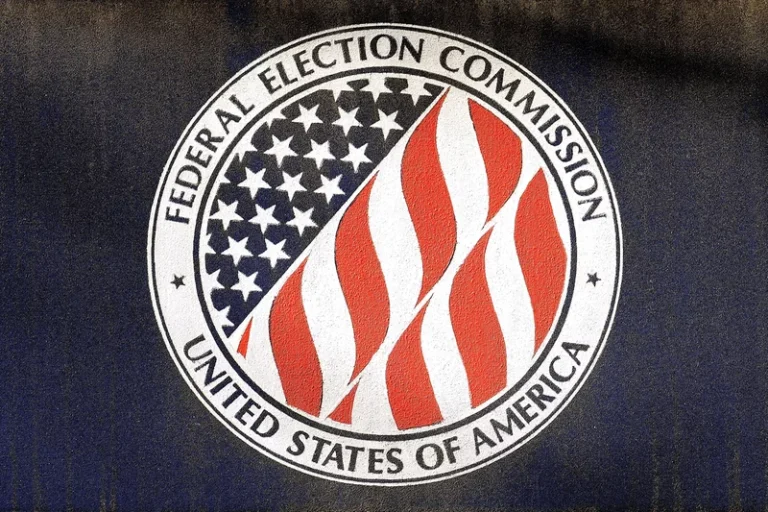The Federal Election Commission (FEC) is a vital part of the U.S. democratic system. Created in 1975 after the Watergate scandal, the FEC serves as the independent regulatory body tasked with enforcing federal campaign finance laws. Its mission is to ensure transparency, fairness, and accountability in the way political campaigns raise and spend money in federal elections. The agency oversees how candidates, political parties, and political action committees (PACs) manage their finances and follow legal guidelines.
One of the core duties of the Federal Election Commission is to enforce campaign finance law. This includes setting and monitoring limits on contributions from individuals, political groups, and other sources. It ensures that no donor exceeds legal limits and that campaigns do not accept money from prohibited sources, such as foreign nationals. The FEC also governs rules for spending in federal elections, making sure that candidates report where their money comes from and how it is used.
Transparency is a major part of the FEC’s work. Political campaigns, party committees, and PACs must file regular reports detailing their financial activities. These reports are submitted to the FEC and then made available to the public on the agency’s website. This allows voters, journalists, and watchdog groups to see who is funding candidates and how that money is being spent. This level of public access helps hold candidates accountable and gives the public insight into the role of money in politics.
Another key function of the Federal Election Commission is investigating potential violations of campaign finance laws. The agency accepts complaints from the public and can launch formal investigations. If the FEC determines that a law has been broken, it has the authority to impose civil penalties. These enforcement powers are meant to discourage unlawful behavior and promote fair elections.
The FEC also offers guidance to political actors through advisory opinions. Individuals, campaigns, or political groups can submit questions to the FEC to learn whether a proposed activity complies with the law. These advisory opinions help campaigns stay within legal limits and prevent accidental violations.
Additionally, the Federal Election Commission oversees the public funding system for presidential elections. This includes managing the Presidential Election Campaign Fund, which provides federal funds to qualifying candidates who agree to certain spending limits. Though fewer candidates use this option today, it remains an important part of the legal framework governing presidential campaigns.
The FEC is led by six commissioners who are appointed by the President and confirmed by the Senate. To ensure balance, no more than three commissioners can be from the same political party. At least four votes are required to take any official action, a rule that is meant to foster bipartisan agreement. However, this requirement has often led to gridlock, especially on controversial issues, limiting the agency’s ability to act swiftly or decisively.
The FEC faces several ongoing challenges. One of the most significant is partisan division among commissioners, which can block enforcement and reform efforts. Critics have also pointed to the growing influence of “dark money” and independent expenditures, especially after the Supreme Court’s Citizens United ruling in 2010. These developments have made it harder for the FEC to track money in politics and have raised questions about whether current laws are sufficient.
Despite these obstacles, the FEC remains an important institution in American politics. Its website, www.fec.gov, is a central hub where the public can access campaign finance data, view enforcement actions, and read advisory opinions. This public access supports a more informed electorate and helps promote accountability in the political process.
By monitoring money in elections and enforcing transparency, the Federal Election Commission plays a central role in protecting the integrity of U.S. democracy. While its powers are sometimes limited by political and legal factors, its mission to uphold fair and open elections continues to be crucial to the electoral system.







